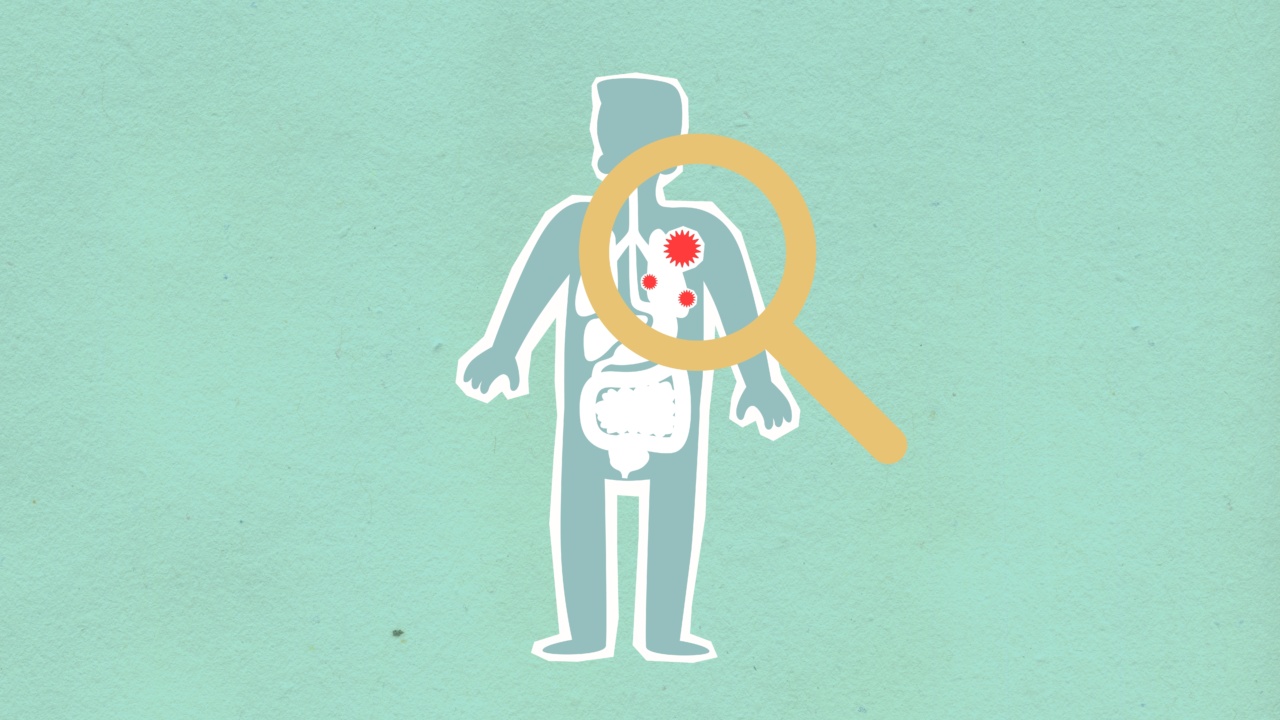Hypothermia is a medical condition that occurs when the body loses heat faster than it can produce it, resulting in dangerously low body temperature.
This condition often occurs in extremely cold environments or as a result of prolonged exposure to cold temperatures.
The Symptoms of Hypothermia
Recognizing the symptoms of hypothermia is crucial as it can be a life-threatening condition. Some common symptoms include:.
- Shivering
- Slurred speech
- Confusion
- Slow and shallow breathing
- Weak pulse
- Blue skin or lips
- Drowsiness or exhaustion
- Loss of coordination
- Unconsciousness
Causes of Hypothermia
There are several factors that can contribute to the development of hypothermia:.
- Exposure to cold weather: Spending too much time in cold temperatures without proper protection can lead to hypothermia.
- Wetness: Being wet, whether due to rain, snow, or sweat, can accelerate heat loss from the body.
- Improper clothing: Not wearing enough warm or protective clothing can increase the risk of hypothermia.
- Submersion in cold water: Falling into cold water or swimming in freezing temperatures can cause rapid heat loss and hypothermia.
- Medical conditions: Some medical conditions, such as diabetes, thyroid problems, and certain neurological disorders, can make individuals more susceptible to hypothermia.
- Alcohol or drug use: Alcohol consumption and certain medications can impair the body’s ability to regulate temperature, making individuals more susceptible to hypothermia.
Who is at Risk?
While anyone exposed to extreme cold is at risk of developing hypothermia, certain groups are more vulnerable:.
- Elderly individuals: Older adults may have a decreased ability to generate body heat, which puts them at higher risk.
- Infants and young children: Children lose heat faster than adults and are unable to regulate their body temperature as effectively.
- Homeless individuals: Those who lack proper shelter or access to warm clothing are at increased risk, especially during winter months.
- Outdoor enthusiasts: People who participate in outdoor activities such as hiking, camping, or skiing are at a higher risk of hypothermia if they are not adequately prepared.
- Individuals with certain medical conditions: People with diabetes, hypothyroidism, or neurological disorders may have impaired thermoregulation, making them more susceptible to hypothermia.
Diagnosing Hypothermia
To diagnose hypothermia, healthcare professionals typically assess the individual’s symptoms, medical history, and current body temperature. They may also order blood tests to evaluate organ function and electrolyte levels.
Treating Hypothermia
Rapid treatment is crucial when dealing with hypothermia. The main goals of treatment are to raise the body temperature and address any underlying medical conditions. Treatment may involve:.
- Moving the person to a warm environment and removing any wet or constricting clothing.
- Wrapping the individual in warm blankets or using other external heat sources, such as heating pads or hot water bottles.
- Providing warm liquids to drink, but avoiding alcohol or caffeine.
- Attempting gentle rewarming techniques for mild cases, such as warm baths or heating pads.
- For severe cases, utilizing more aggressive rewarming methods under medical supervision, such as heated intravenous fluids or extracorporeal rewarming.
Preventing Hypothermia
Preventing hypothermia is essential, especially in cold weather conditions. Some preventive measures include:.
- Dressing in layers: Wearing multiple layers allows for better insulation and the ability to add or remove clothing as needed.
- Wearing appropriate clothing: Choosing clothing made from materials that help retain warmth, such as wool or synthetic fibers, is important.
- Protecting extremities: Wearing hats, gloves, and warm socks can help prevent heat loss from vital areas.
- Staying dry: Avoiding excessive sweat or getting wet from rain or snow can help maintain body temperature.
- Planning outdoor activities: Checking weather conditions and having a plan for emergencies can prevent prolonged exposure to cold temperatures.
- Limiting alcohol consumption: Alcohol can impair judgment and reduce the body’s ability to regulate temperature, increasing the risk of hypothermia.
- Seeking shelter: Having access to warm shelter during cold weather is crucial, especially for those who are homeless or without proper heating.
When to Seek Medical Help
If you suspect someone has hypothermia, it is essential to seek medical help immediately. Hypothermia can be life-threatening, and prompt treatment is necessary for a successful recovery.
Call emergency services or go to the nearest hospital if:.































